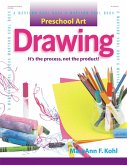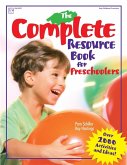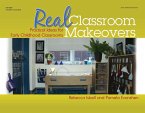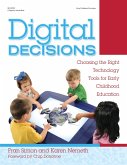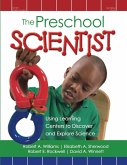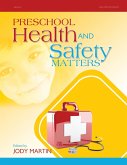Emphasizing essential interpersonal skills that should be developed in early childhood, this guide offers a holistic approach to developing classroom communities in which each child feels recognized, appreciated, and able to contribute. Taking into account a teacher's goals, values, strengths, and weaknesses, guidance is offered for adjusting and planning for developmentally appropriate expectations, classroom organization, and communication with families. Filled with concrete examples and effective approaches to common classroom problems, this detailed handbook provides positive strategies for handling unwanted behavioral challenges. By individualizing the needs of each student using the methods espoused in this handbook, educators will cultivate a supportive classroom setting based on emotional expression and conflict resolution.



